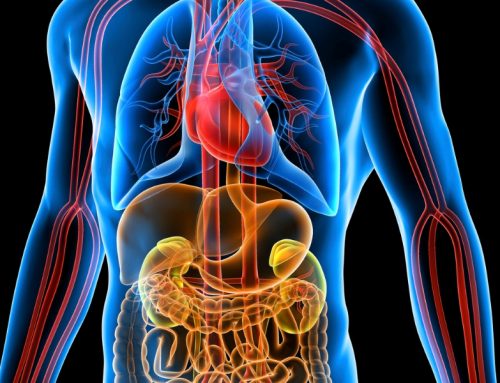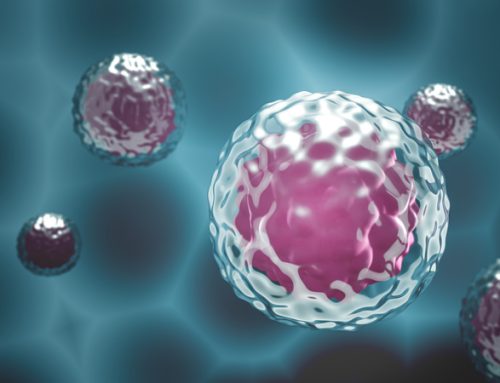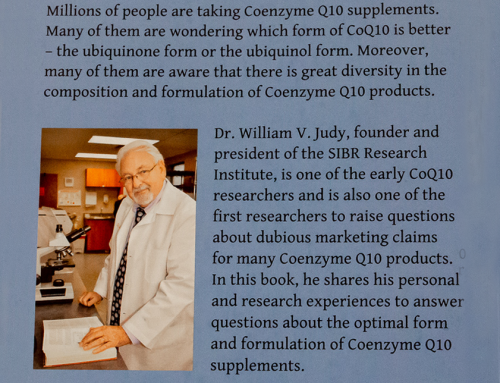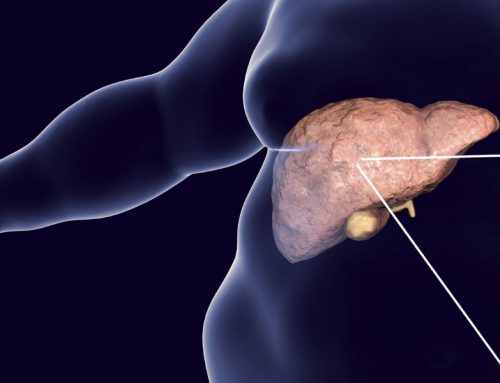Environmental toxic chemicals target the mitochondria in human cells. They disrupt the mitochondrial electron transport chain. This disruption results in reduced ATP production, increased oxidative stress induced by harmful free radicals, increased inflammation, and increased apoptosis [Mantle & Golomb 2025].

One estimate is that one-quarter to one-third of the 1990-1991 Gulf War veterans were exposed to environmental toxins and suffered chronic multi-symptom health problems. Daily supplementation with Coenzyme Q10 improved their physical function and their Gulf War Illness symptoms.
Coenzyme Q10 plays a central role in the promotion of normal mitochondrial function and plays key roles as a lipid-soluble antioxidant and as an anti-inflammatory and an anti-apoptotic agent. In a 2025 review article, Mantle & Golomb have investigated the role of CoQ10 supplementation in improving mitochondrial function. Their thesis is that CoQ10 supplementation helps to mediate the adverse effects of exposure to xenobiotics, e.g., carcinogens, endocrine-disrupting agents, heavy metals, industrial solvents, pesticides, pharmacological drugs, and other lifestyle toxicants [Mantle & Golomb 2025].
Note: In their paper, Mantle & Golomb use the term xenobiotics as an umbrella term for substances that are foreign to the human body.
Coenzyme Q10 and Pesticide/Herbicide Exposure
Particularly in animal studies, researchers have shown a protective effect of CoQ10 against the adverse effects of pesticides. The beneficial effects of CoQ supplementation include improved mitochondrial function, reduced oxidative stress, reduced inflammation, and reduced tissue degeneration [Mantle & Golomb 2025, table 1].
Coenzyme Q10 and Exposure to Heavy Metals
In preclinical studies, researchers have demonstrated protective action of supplementary CoQ10 against the toxic effects of heavy metals, e.g., cadmium, lead, and mercury. Typically, the protective action involves reductions in oxidative stress and systemic inflammation [Mantle & Golomb 2025, table 2].
Coenzyme Q10 and Exposure to Industrial Solvents
Too much exposure to industrial solvents is likely to cause mitochondrial dysfunction and increased oxidative stress. Animal studies show a beneficial effect of CoQ supplementation in cases of exposure to industrial solvents. Mantle & Golomb note that supplementation with a combination of antioxidants and antioxidant precursors such as CoQ10, vitamin E, selenium, and methionine improved the clinical status of workers in the gas and oil industries who had been exposed to environmental toxins [Mantle & Golomb 2025].
Coenzyme Q10 and Endocrine Disruptors
Studies of CoQ10 and endocrine disruptors has focussed mainly on bisphenol A adverse effects. Bisphenol A is an industrial chemical used in plastics manufacturing. Mantle & Golomb cite animal studies that show CoQ10 reduces bisphenol A-induced oxidative stress, apoptosis, and testicular damage in rats.
Mantle & Golomb also summarize the work of Hornos-Carneiro et al. [2023] who have reported that CoQ10 supplementation counteracts bisphenol A-induced reproductive toxicity. Based on a 2023 review of relevant literature, Hornos-Carneiro et al concluded that CoQ10 supplementation is a low-risk and low-cost strategy to lessen the adverse effects of exposure to environmental chemicals on fertility [Hornos-Carneiro 2023].
Coenzyme Q10 and Carcinogens
In studies of animals exposed to toxins with a carcinogenic effect, CoQ supplementation has been associated with reduced oxidative stress and prevention of cancer cell proliferation [Mantle & Golomb 2025].
Exposure to PFAS (per- and poly-fluoroalkyl chemicals) can result in diminished immune system function and in an increased risk of some forms of cancer. PFAS are used in a wide range of consumer products and industrial applications. PFAS are called “forever chemicals.” Their chemical structure makes them extremely resistant to degradation. One estimate is that almost everyone in industrialized nations has PFAS in their blood and other tissues [ATSDR 2024].
Coenzyme Q10 and Pharmaceutical Drug Toxicity
Mantle & Golomb list numerous pharmaceutical drugs that have adverse effects. Research shows that these adverse effects can be attenuated by CoQ10 supplementation. The drugs with known adverse effects include
doxorubicin, paracetamol (acetaminophen), cisplatin, methotrexate, cyclophosphamide, amitriptyline, phenytoin, antibiotics, anesthetics, and statins. Mantle & Golomb summarize what is known about CoQ10 supplementation of patients using these pharmaceutical drugs.
They also point out that there are pharmaceutical drugs that cause adverse effects by inducing mitochondrial dysfunction and oxidative stress. The potential benefit of CoQ10 supplementation in patients on these drugs is not yet known. In addition, Mantle & Golomb point out that nearly all psychiatric medications are known to promote mitochondrial impairment.
Coenzyme Q10 and Lifestyle-Related Toxins
Lifestyle-related toxicants such as ethanol, nicotine and cigarette
smoke, and recreational drugs such as MDMA, cocaine, and khat can have damaging effects. Preclinical studies have shown that supplementary CoQ10 can alleviate some of the damage [Mantle & Golomb 2025].
Coenzyme Q10 and First Gulf War Veterans
Beatrice Golomb was the lead researcher on a randomized controlled trial of CoQ10 administration in Gulf War veterans. During their service in Iraq, the veterans had been exposed to a variety of toxic chemicals. The CoQ10 supplementation was associated with symptomatic benefits. Supplementation with 100 mg/day gave significant benefit to physical function and symptoms in veterans with Gulf War illness [Golomb 2014].
Conclusions: CoQ10 and Environmental Toxins
Exposure to the types of environmental toxins described by Mantle & Golomb can result in mitochondrial dysfunction, increased oxidative stress, and increased systemic inflammation. Mitochondrial impairment and oxidative stress are the basis for many of adverse effects of xenobiotic substances. CoQ10 supplementation can attenuate the adverse effects on mitochondrial function and oxidative stress.
Sources
ATSDR. PFAS and Your Health. 12 Nov 2024. Retrieved from atsdr.cdc.gov.
Golomb BA, Allison M, Koperski S, Koslik HJ, Devaraj S, Ritchie JB. Coenzyme Q10 benefits symptoms in Gulf War veterans: results of a randomized double-blind study. Neural Comput. 2014 Nov;26(11):2594-651.
Hornos Carneiro MF, Colaiácovo MP. Beneficial antioxidant effects of Coenzyme Q10 on reproduction. Vitam Horm. 2023;121:143-167.
Mantle D, Golomb BA. Coenzyme Q10 and Xenobiotic metabolism: an overview. International Journal of Molecular Sciences. 2025; 26(12):5788.
The information presented in this review article is not intended as medical advice. It should not be used as such.









Leave A Comment